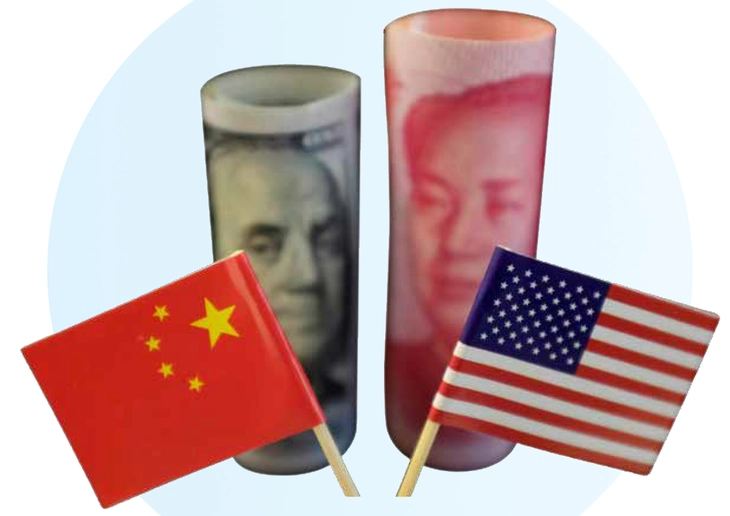
US-China trade war continues to escalate - Photo: REUTERS
"It depends on how broad or narrow the tariffs are, but generally speaking, if the tariffs are over 100%, it basically stops all trade," CNBC quoted Erica York, vice president of tax policy at the US Federal Tax Policy Center, as saying on April 11.
Test
The Trump administration on April 11 confirmed that tariffs on Chinese goods imported into the US are currently 145%, a cumulative increase of several times. On April 10, Mr. Trump announced a temporary suspension of reciprocal tariffs with most countries, limiting import tariffs to 10% for 90 days, except for China.
With this tariff level, the United States is now taking the most aggressive trade protectionist stance in decades.
Ms. York’s agency estimates that all of Mr. Trump’s new taxes will increase federal tax revenue by $171.6 billion this year, but that will come with a host of consequences.
“The average tariff is still the highest it has been since the 1940s,” said York. “Costs will skyrocket. The economy will suffer. It’s not a good path.”
On the Chinese side, the country's economists say the trade war is "unprecedented" and will be a long-term, high-stakes game that "tests the endurance of the country's economic and industrial systems."
They also suggested that Beijing increase public spending to boost domestic demand, in order to help domestic enterprises overcome the upcoming volatile period.
"The US and China are now competing on economic resilience," Zheng Yongnian, dean of the School of Public Policy at the Shenzhen campus of the University of Hong Kong, told the Hong Kong South China Morning Post. "Our goal is to build a resilient industrial system. Only then can we prevail in the long-term competition with the US."
On April 11, China retaliated by raising tariffs to 125% on imported US goods, but more importantly for the country is maintaining growth as exports to the US have effectively ended.
“The test of endurance is coming as Trump narrows the trade war targeting China,” said Lynn Song, chief economist for Greater China at Dutch investment bank ING.
"It now appears that policymakers are willing to test the ultimate limits of economic theory to see who can withstand more pain, to see who will have the upper hand when negotiations take place," the expert added.
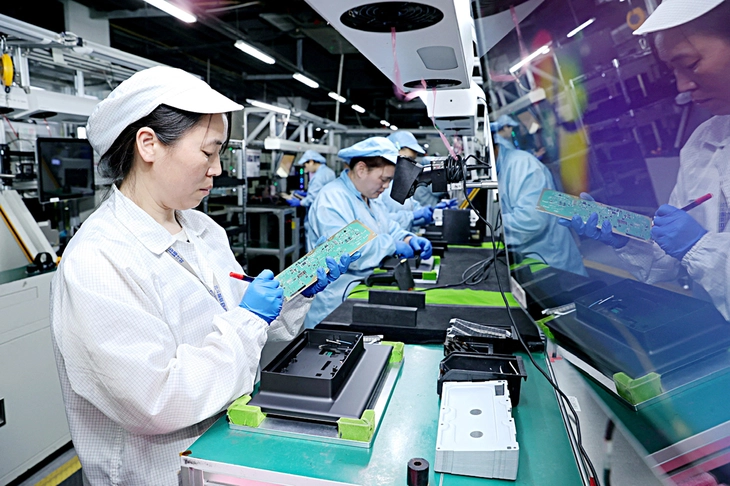
Workers work on a production line of smart navigation devices for cars in Jiangsu province, China - Photo: Reuters
The risk of separating the two economies
Mr. Trinh said the ongoing conflict could lead to a complete separation of the world's two largest economies, which had a trade volume of $688.3 billion last year. "Once the tariff level reaches 60-70%, the situation is no different from a 500% tariff, trade is no longer feasible and separation will be inevitable," he said.
Yao Yang, an economics professor at Peking University, warned of immediate impacts on the Chinese economy. “The trade war poses serious difficulties for our growth target this year (around 5%),” he said at a conference on April 10, but he believes the Chinese government has the tools to manage the situation.
"We don't need to be afraid of Trump's actions," Yao stressed, urging the Chinese central government to take stronger action to help heavily indebted local governments and revive the real estate market.
"The central government is on the right track, but needs to increase the intensity," he said.
Mr. Trinh said that tariffs could threaten the dominance of the US dollar. "If the US produces everything domestically, then what do other countries need US dollars for?" - Mr. Trinh commented, rejecting the idea that Washington could isolate and remove China from the global supply chain, citing the example of the US-proposed Indo-Pacific Economic Prosperity Framework, which he said was aimed at China but has not been successful.
Southeast Asia doesn't have many options.
In contrast to China, Southeast Asian economies, most of which rely on export growth, are trying to comply with Washington’s demands to avoid Mr Trump’s tariffs as much as possible. In a statement on April 11 from their regular meeting in Kuala Lumpur, Malaysia, ASEAN economic ministers said the bloc was “unanimous in the view that retaliation (tariffs) is not an option.”
Thai Finance Minister Pichai Chunhavajira said in an interview that the US has a clear advantage over his country on trade, admitting: "Start with an extreme measure, then gradually reduce the demand later.
We may have to comply with (President Trump)." Mr. Pichai plans to travel to Washington soon with the goal of reducing the 36% tariff that the Trump administration initially imposed on Thai goods.
The US trade deficit in goods with the ASEAN bloc was $228 billion last year. US tariffs are expected to deepen China-ASEAN economic ties. "China is a very important player, we cannot ignore it, and yes, some countries find that problematic," Malaysian Prime Minister Anwar Ibrahim (the rotating chair of ASEAN) said at the closing session of the summit in Kuala Lumpur. "We will continue to balance as best we can, to ensure peace and security, to get the most out of economic and investment benefits."
Source: https://tuoitre.vn/thue-quan-ong-trump-xem-ai-chiu-dau-hay-hon-20250411231223871.htm


![[Photo] Many practical activities of the 9th Vietnam-China border defense friendship exchange](https://vstatic.vietnam.vn/vietnam/resource/IMAGE/2025/4/16/3016ed3ef51049219574230056ddb741)

![[Photo] Opening of the 4th Summit of the Partnership for Green Growth and the Global Goals](https://vstatic.vietnam.vn/vietnam/resource/IMAGE/2025/4/16/488550ff07ce4cd9b68a2a9572a6e035)
![[Photo] National Assembly Chairman Tran Thanh Man meets with Ethiopian Prime Minister Abiy Ahmed Ali](https://vstatic.vietnam.vn/vietnam/resource/IMAGE/2025/4/16/c196dbc1755d46e4ae7b506c5c15be55)

![[Photo] President Luong Cuong receives Ethiopian Prime Minister Abiy Ahmed Ali](https://vstatic.vietnam.vn/vietnam/resource/IMAGE/2025/4/16/504685cac833417284c88a786739119c)
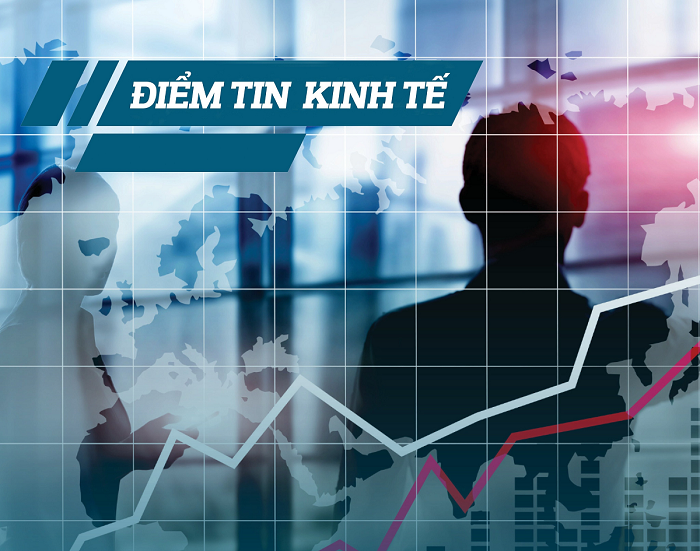



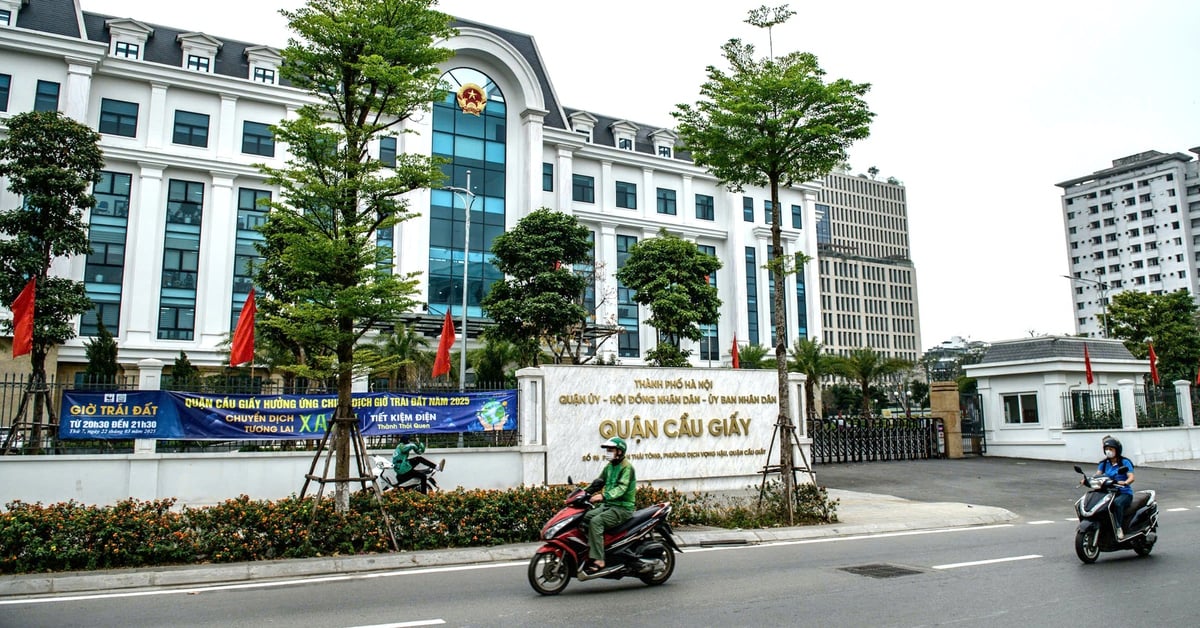
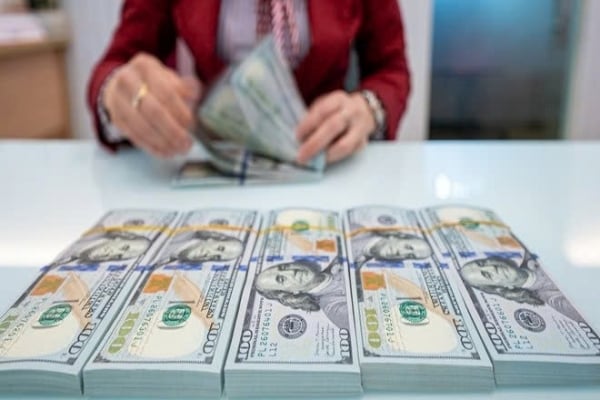










![[Photo] President Luong Cuong meets 100 typical examples of the Deeds of Kindness Program](https://vstatic.vietnam.vn/vietnam/resource/IMAGE/2025/4/16/ce8300edfa7e4afbb3d6da8f2172d580)











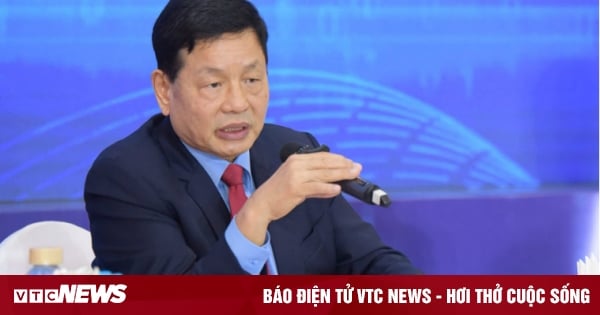




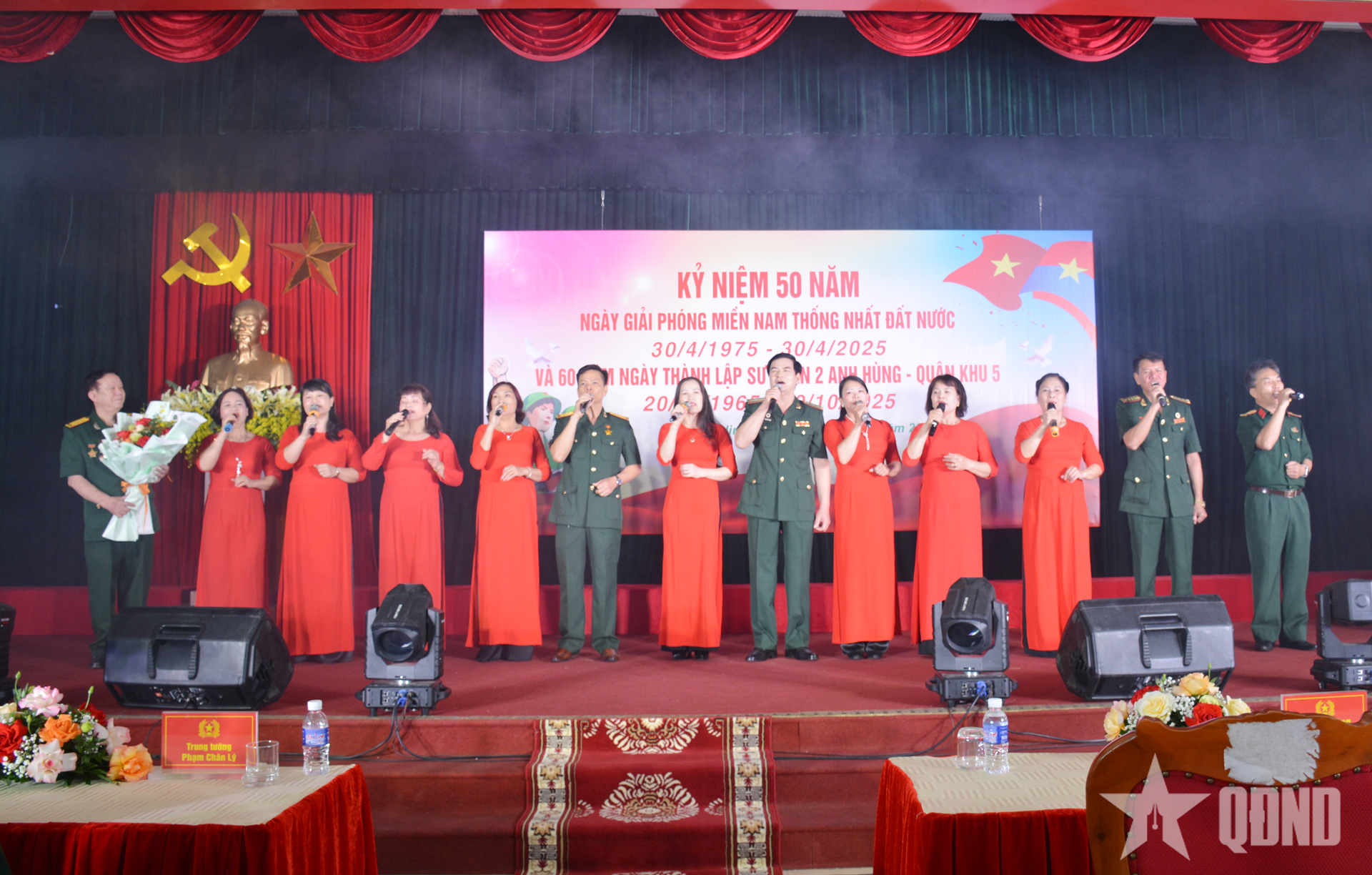










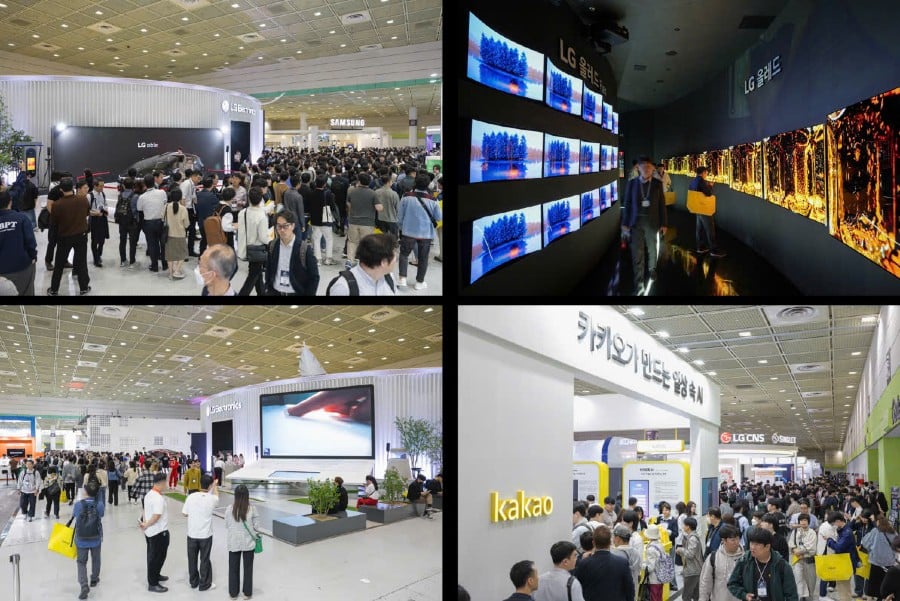

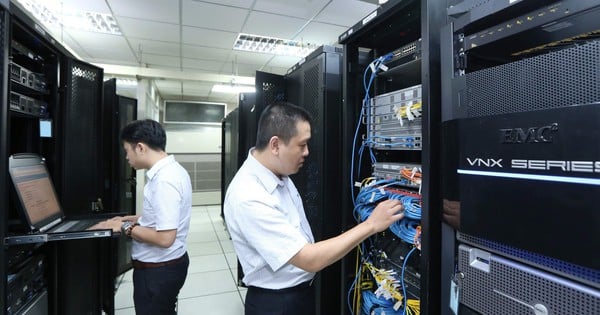

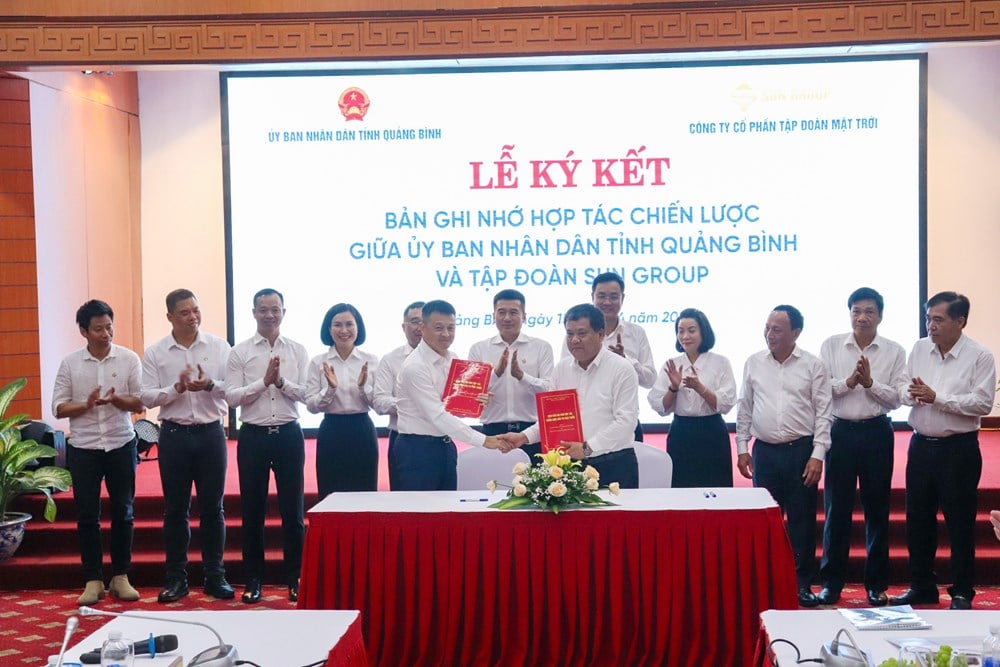


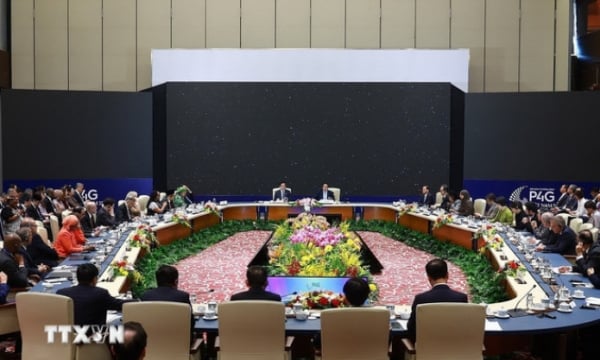


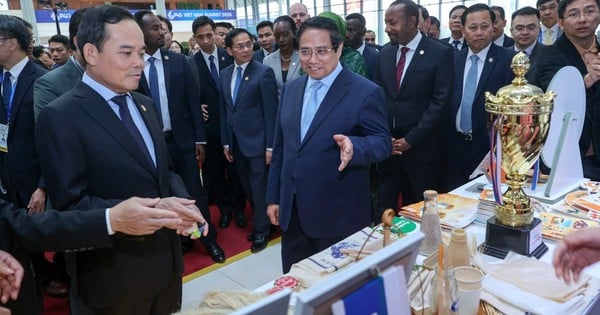

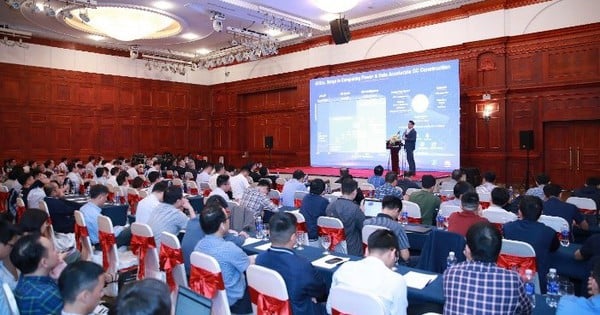
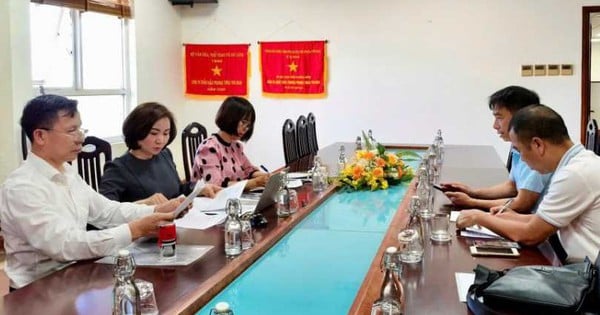



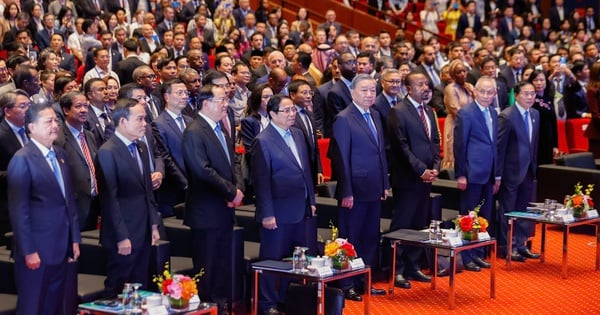





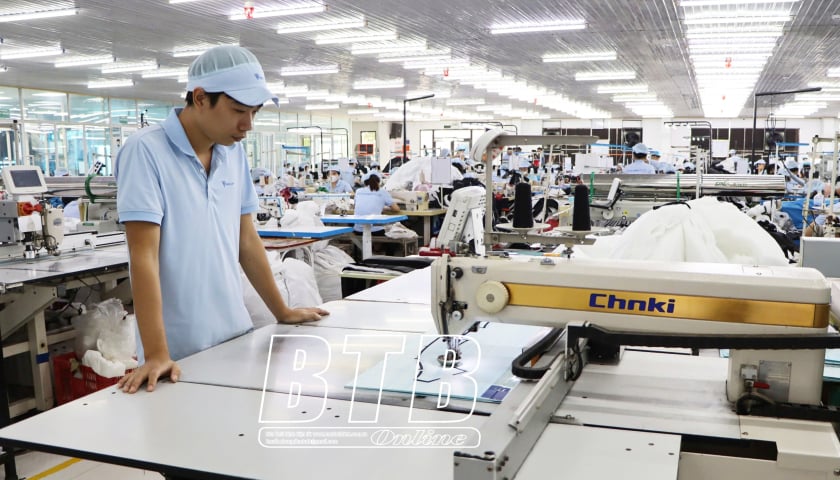














Comment (0)